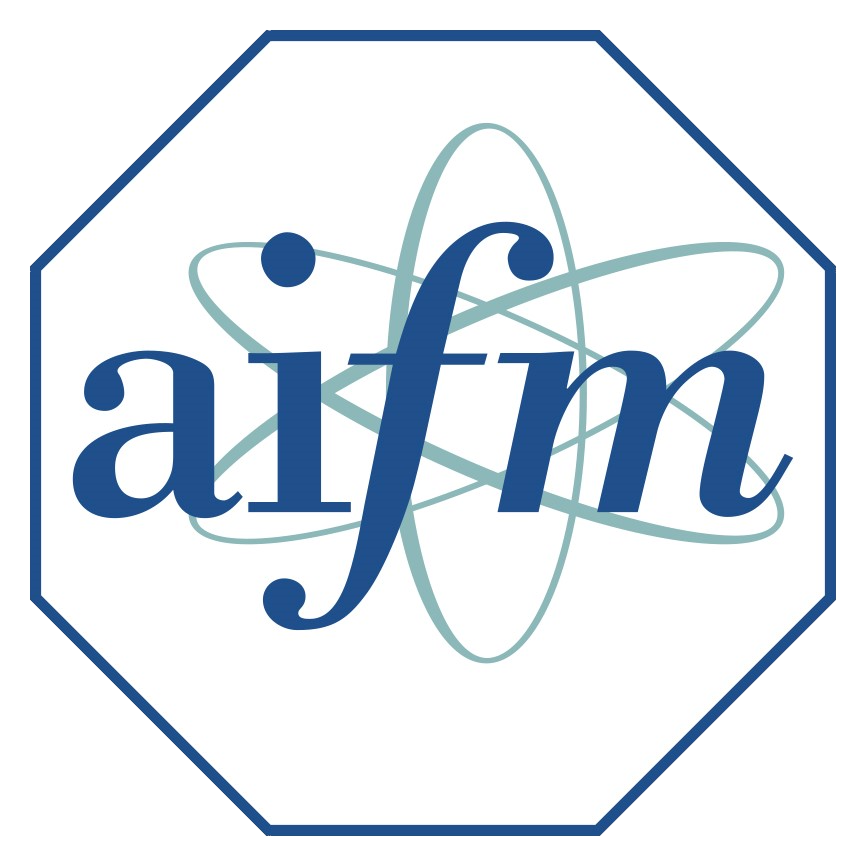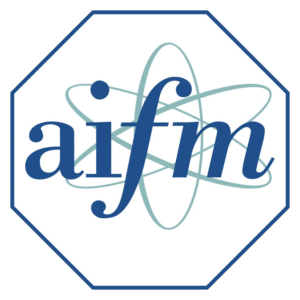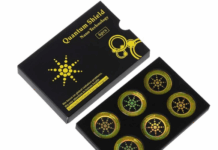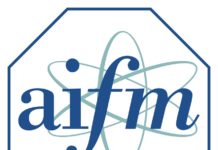The relation of EMF with cancer is two-sided: on one hand the International Agency for Research on Cancer has classified them as “possible carcinogens,” though we lack a strong experimental support for that, and, on the other hand, they can be used as a diagnostic and therapeutic tool for certain types of cancers. As often occurs, the situation is far more complex and multidimensional, since the effects of EMFs on biological systems depend on the physical parameters of the field and the type and physiological conditions of the biological system.
Presently, there are well established techniques, like hyperthermia, electrochemotherapy, thermal ablation, etc., that have already entered into clinical use, whereas much remains to be understood regarding the therapeutic use of EMFs themselves for treating cancer. At this time, there are only a small number of studies in cells, animals and humans that could be relevant for cancer therapy, mainly for EMFs in the range of low intensity ELF, intermediate frequencies and RF fields, suggesting possible use as an additional tool for the modulation of cell proliferation and differentiation, or antitumor effects. These studies are still in their infancy and significant work must be done in the future towards this direction. A primary target of the Course will be to shed light on this hot and controversial issue, starting from what is best established in terms of biology and clinical applications, to the analysis of the different theoretical perspectives and future research needs.
After a physical and technical introduction concerning EMF exposure conditions, the biological evidence presently available from in vitro, in vivoand epidemiological data will be considered, in particular, in the light of the most recent advancements in the understanding of the biological foundations of cancer etiology and the mechanisms underlying both regarding pro- and anti-cancer activity. Also, a survey of the more recent diagnostic and therapeutic applications of EMFs to cancer will be presented and discussed, including mathematical modeling and treatment planning (dose concept, clinical procedures, safety, etc.) for cancer therapy.
In conclusion, the course is intended to present an updated critical and comprehensive analysis of the present state of knowledge in this area and, most importantly, to provide young researchers with the opportunity to discuss the central questions that future researchers must address, in order to improve upon our present understanding and inspire new lines of research.






